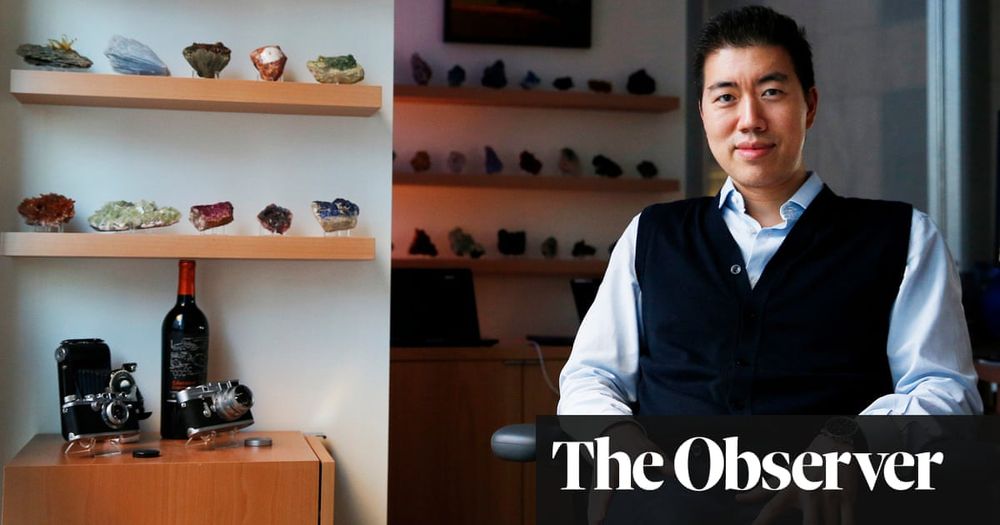Reposted by: Caroline P. Slomp

Reposted by: Caroline P. Slomp

Microbes rock 🎸🤘 with sulfide and iron minerals
I am very excited to share our recent study, which describes a previously unknown microbial energy metabolism ⚡⚡⚡🦠🧫⚡⚡⚡
🆕 Microbial iron oxide respiration coupled to sulfide oxidation - MISO
www.nature.com/articles/s41...

www.nature.com/articles/s41...
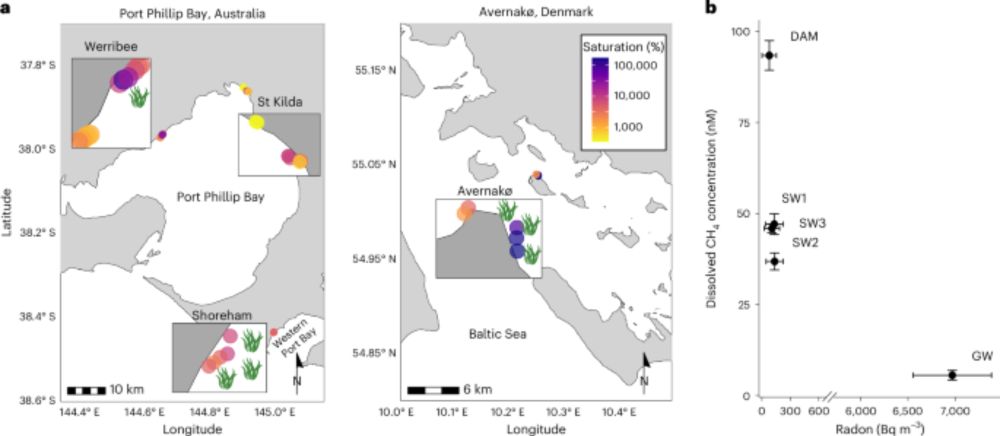
Reposted by: Caroline P. Slomp
@jessicavenetz.bsky.social
@Olgazygad
et al Seasonal dynamics of the microbial #methane filter in the water column of a eutrophic coastal basin
@nessc
@ERC_Research
#microbiology
@RIBESresearch
FEMS Microbiology Ecology, fiae007, doi.org/10.1093/fems...

Reposted by: Caroline P. Slomp
www.sciencedirect.com/science/arti...

Reposted by: Caroline P. Slomp

Reposted by: Caroline P. Slomp, Peter Thorne, Gavin L. Foster
www.nature.com/articles/s41...

Reposted by: Caroline P. Slomp
www.ru.nl/en/research/...
with @carolineslomp.bsky.social

Reposted by: Caroline P. Slomp
Despite their delicate appearance, they have managed to survive intact in these rock layers for over 300 million years.
County Donegal, Ireland.



by Joanna Bryson — Reposted by: Caroline P. Slomp, Tore Ellingsen
www.chemistryworld.com/opinion/why-...
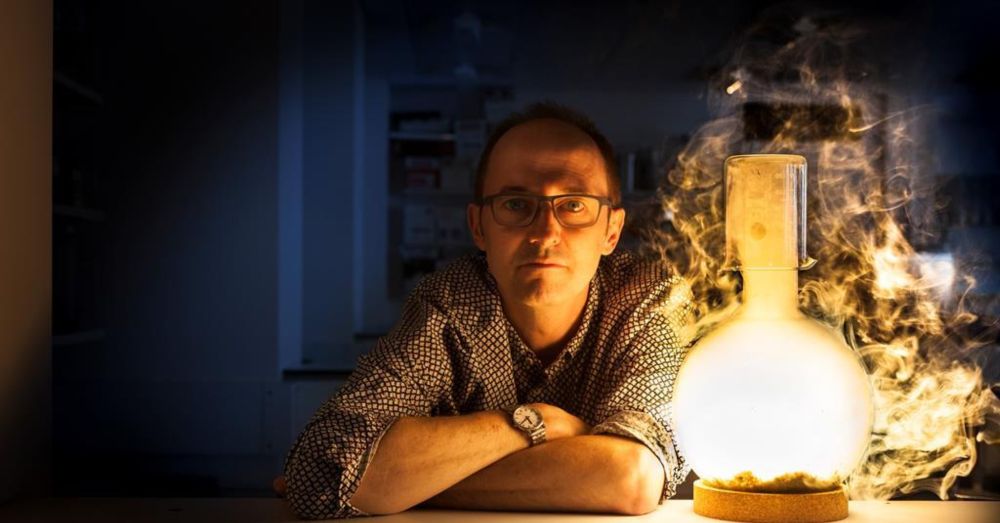
by Michael Wagner — Reposted by: Caroline P. Slomp
Global warming is causing a trend toward shallow mixed layers, making such extremes more likely.
🌊
www.nature.com/articles/s41...
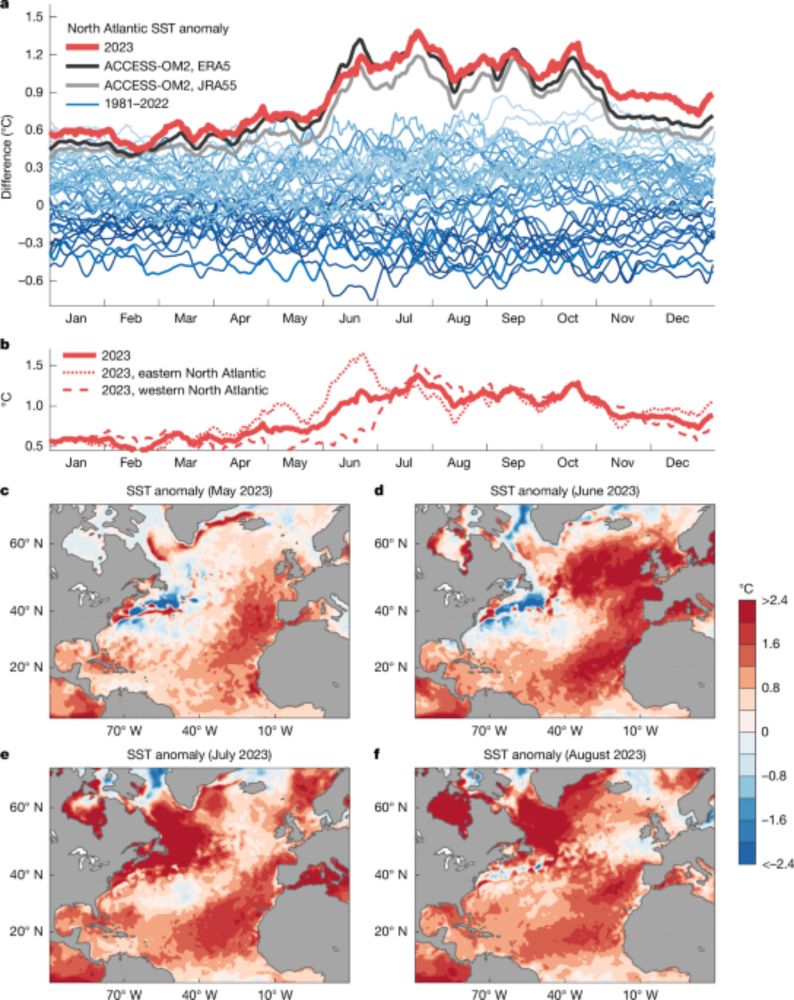
Reposted by: Caroline P. Slomp
Hopefully a helpful resource for community and courses. www.annualreviews.org/content/jour...
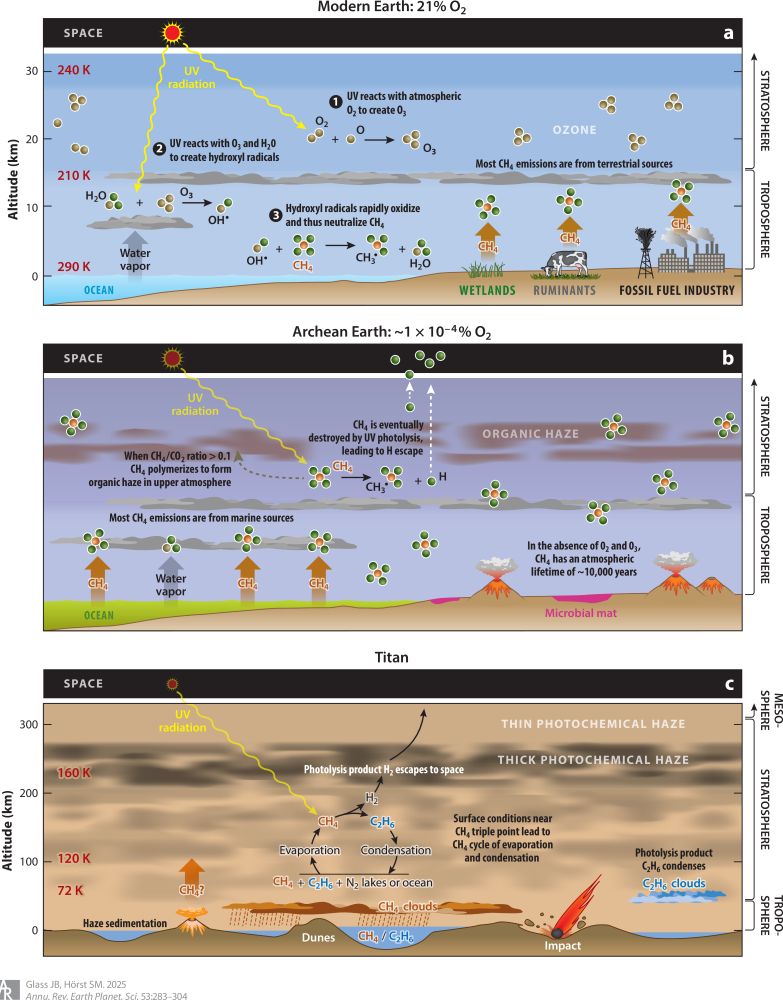
Reposted by: Caroline P. Slomp
The onset of the unofficial #Anthropocene is more constraint than other used official epochs incl. the Holocene. 🧪 agupubs.onlinelibrary.wiley.com/doi/10.1029/...


Reposted by: Caroline P. Slomp
Go deeper: Many scientists have trumpeted the scientific—& even cultural—value of long-standing datasets like this, even suggesting that some deserve World Heritage status to protect them.
eos.org/opinions/tak...
Reposted by: Caroline P. Slomp, Andreas Oschlies
Researchers warn: Technical measures are no substitute for reducing nutrients and protecting the climate
🔗 www.geomar.de/en/news/arti...

Reposted by: Caroline P. Slomp
@vuamsterdam.bsky.social @woinactie.bsky.social

Reposted by: Caroline P. Slomp
mun.ca/geocentre/le...

Reposted by: Caroline P. Slomp, Andreas Oschlies
eos.org/features/cou...

Onderwijsminister trekt 25 miljoen euro uit om wetenschappers naar Nederland te halen www.nu.nl/algemeen/635...

Reposted by: Caroline P. Slomp, Alessandro Tagliabue
She's been diagnosed with a rare and aggressive form of cancer whose expensive treatment is only available in the US and UAE.
Please consider helping: www.gofundme.com/f/help-for-m...
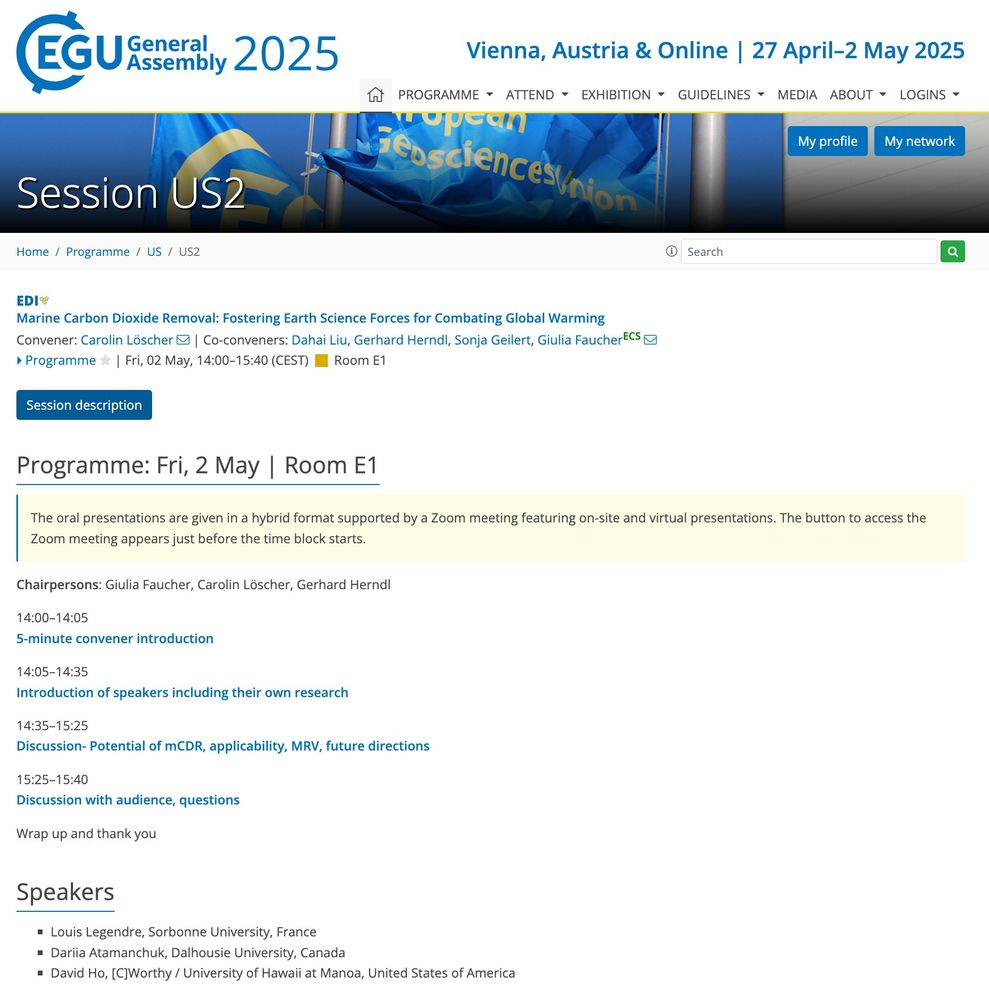
Reposted by: Caroline P. Slomp, Andreas Oschlies
Moderation from Véronique Garçon.
Welcoming speakers Yuntao Zhou and Lijing Cheng. Topics below!
@aoschlies.bsky.social @carolineslomp.bsky.social
@kisensee.bsky.social

Reposted by: Caroline P. Slomp
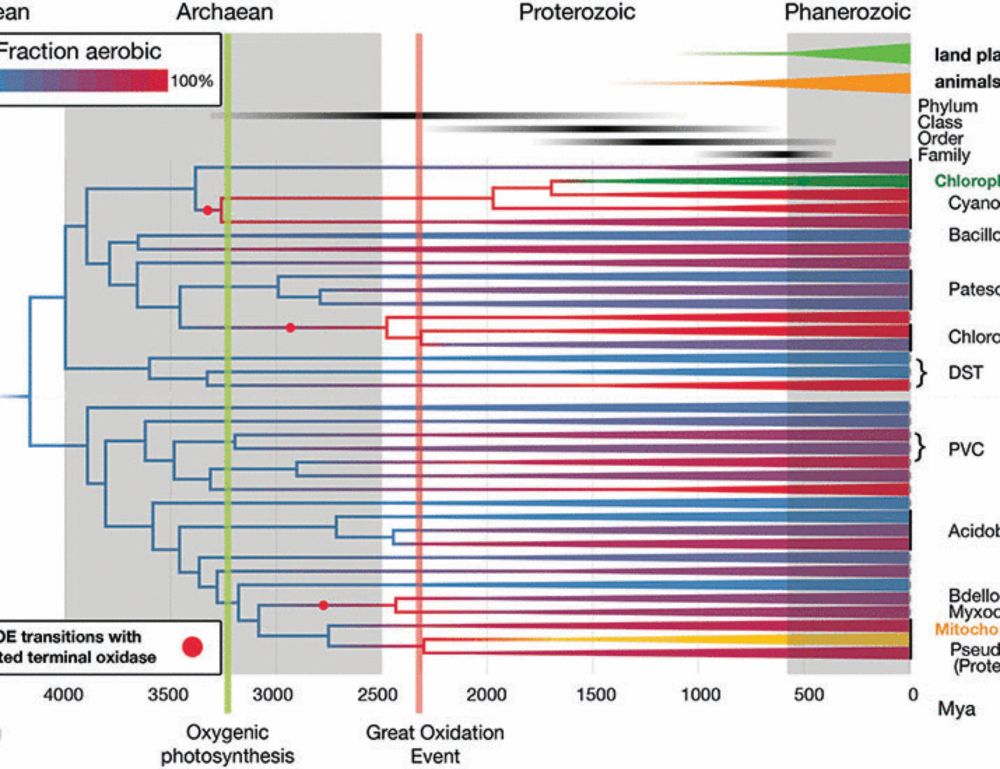
Reposted by: Caroline P. Slomp
nltimes.nl/2025/04/08/s...

Reposted by: Caroline P. Slomp

by Cas Mudde — Reposted by: Caroline P. Slomp
Reposted by: Caroline P. Slomp
www.theguardian.com/science/2025...
